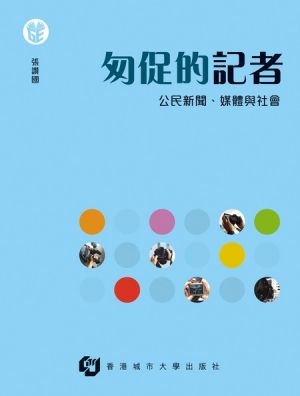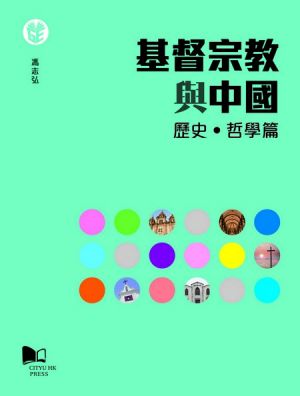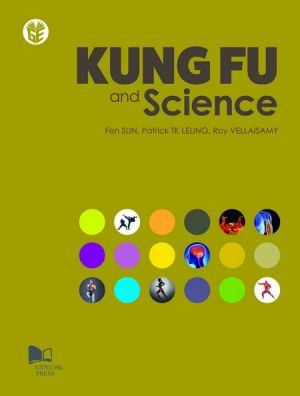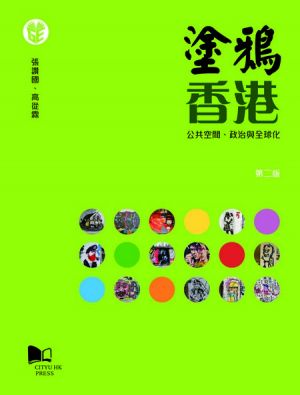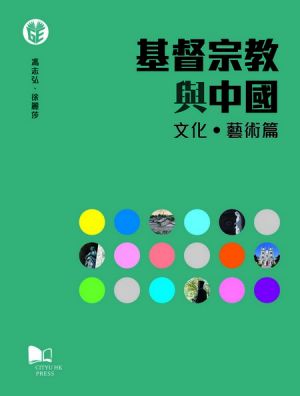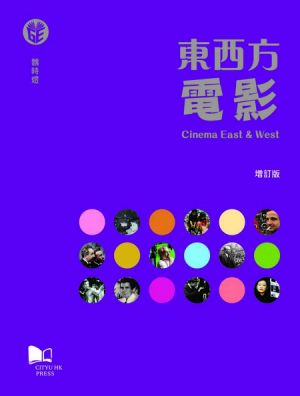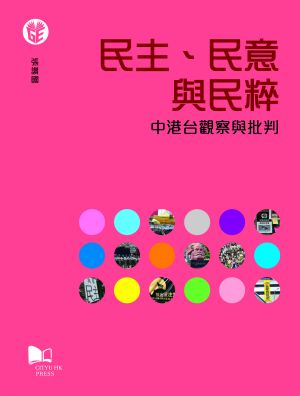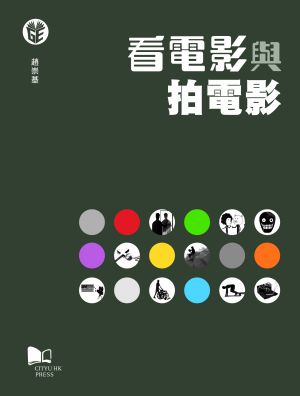Reading Hong Kong, Reading Ourselves
Books about cities can open pathways to discover new places, and familiar places anew. Hong Kong is a much visited place. Over 50 million people stream through its hotels, restaurants and shopping malls each year. That is a lot of first impressions!
This book, written by fourteen reflective scholars about living and learning from Hong Kong, builds on the growing interest of using “place” as text while providing a model of deepening cross-cultural encounters. Each chapter is written in a personal and experiential style, exploring Hong Kong through the lenses of a range of disciplines that shaped individual author's perceptions and encounters.
The city is like a text one reads and deciphers, linking one’s sense of other cities with one’s present experiences of this city in this moment of time. In reading the city, readers discover not only what is “out there” in the ever moving surround of Hong Kong’s urban life, but also what is inside oneself as newcomer and as from another city and culture.
Thirty years later I read City Between Worlds: My Hong Kong by Leo Ou-fan Lee. I marveled at how Leo Lee could show me how to re-see the city and its neighborhoods that I had long come to assume was home. Leo Lee’s sense of history, literature and film, converging from East and West, built up layers of new meaning in his roamings and readings of buildings, streets and the flow of people in intricate, fluid, urban spaces. Lee’s book re-enchanted Hong Kong for me. He led me to new conversations with the city I had stopped seeing as new.
Books about cities can open pathways to discover new places, and familiar places anew. This collection of fresh essays by fourteen reflective visitors about living in and learning from Hong Kong is chock full of discoveries for the new visitor to Hong Kong, and for the old hand who wishes to see his familiar city anew.
A great global city reshapes and renews itself. This morphing takes place not only in its physical landscape and features of infrastructure, but in the experiences it offers to sojourners who come and stay awhile. Visitors bring new ways of looking, questioning and appreciating the life of its people and institutions. This book of fourteen essays reveals the life of Hong Kong through their diverse academic disciplines of seeing, inquiring and expressing what they discover.
These fourteen “flaneurs,” each ambling about different sections of the city, share their insights in finely-honed, first-person prose. A “flaneur” is someone who walks unhurriedly through an urban landscape, following serendipitous promptings, and gazing at whatever presents itself for reflection. Each of these fourteen flaneur frames reveals the same city in surprisingly different ways. This is a tribute to its two editors, a geographer (Curry) and a literature scholar (Hanstedt). All the writers knew one another through their work at different Hong Kong universities on the Fulbright Hong Kong General Education project (2008–2012). We are grateful to Mr. Po Chung who made gifts to the universities to host these academic guests and absorb their ideas about general education in the new four-year curriculum. A delightful spin-off from this project, this book exemplifies what general eduction can be: bringing many unique perspectives into focus to allow us to understand a common theme in depth. In this case, the theme is Hong Kong.
Reading Hong Kong, Reading Ourselves emerged from the regular sharing of their myriad encounters with Hong Kong life and society. This helps to give the book a coherence, and a strong measure of fun as they learned the byways and back streets of their new city. One can imagine their many evenings of restaurant meals and rich story-telling that later firmed into the chapters of this book. In subtle ways, the writers refer to one another across their narratives, welcoming their complementary contributions to the whole.


